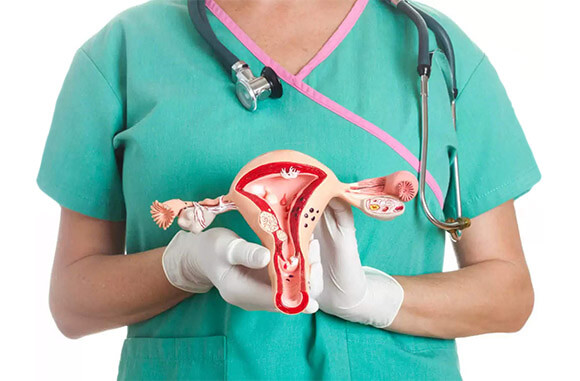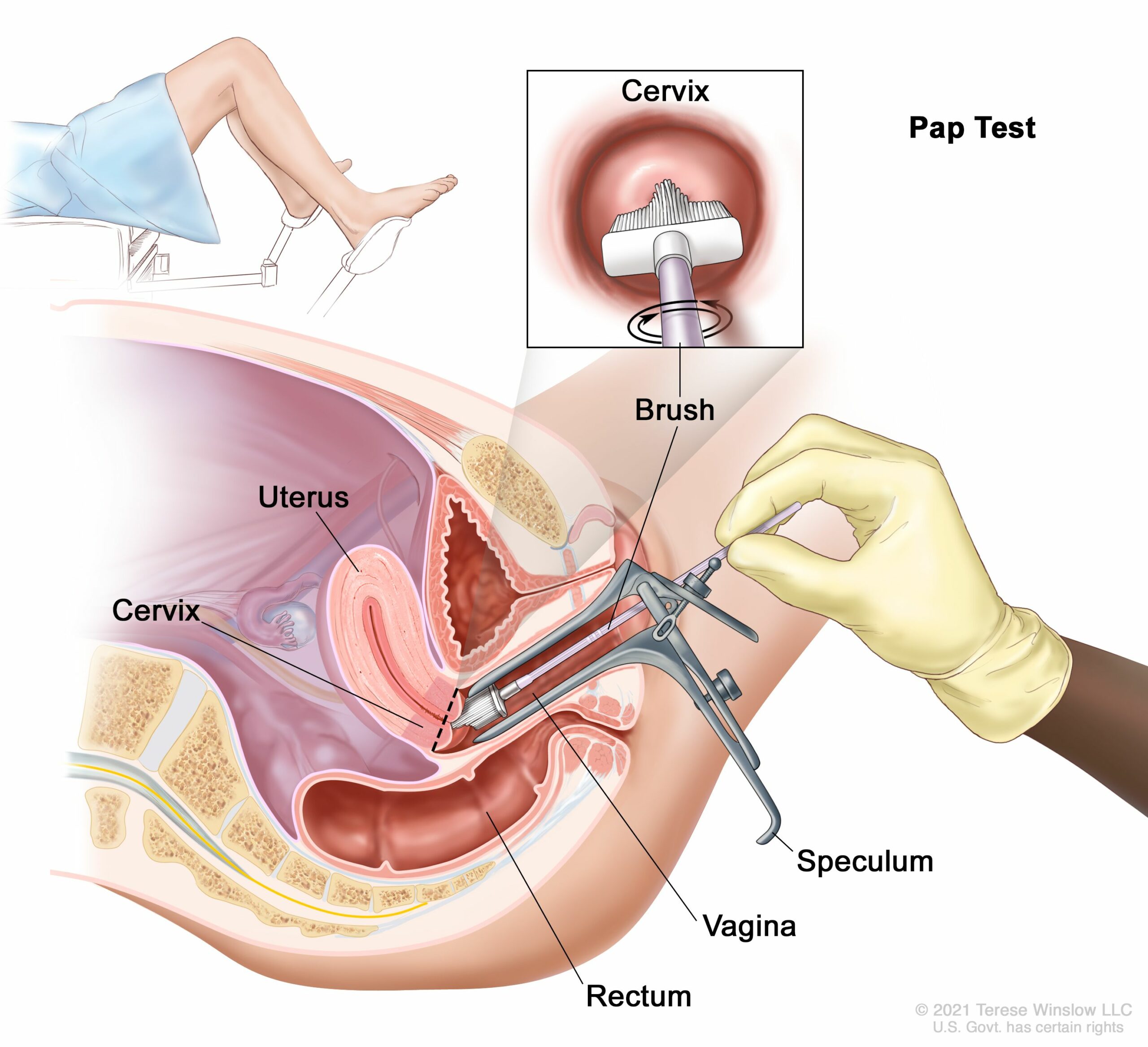A Pap smear (or Pap test) is a simple yet lifesaving procedure that analyzes the cells of the cervix, the lower part of the uterus that connects it to the vagina. The Pap test collects a sample of cells from the cervix to check them under the microscope. It checks for any abnormal growth, be it precancerous or cancerous cells.
Every year, more than 14,000 cases of cervical cancer are diagnosed in the United States, with Hispanic women having the highest incidence rates. This used to be a somber diagnosis, as its survival rate was one of the lowest for American women. However, thanks to the increased use of Pap smears, it now has a much more positive prognosis than in the past.
Why, When, And How Often Should You Get a Pap Smear?
As with most types of cancer, the success of the treatment heavily depends on an early diagnosis. That’s why it’s important to get your routine screening as often as your doctor instructs you. There are general guidelines that state when to get your first Pap test and how often you should have your checkups. Before 2012, it was recommended to get tested annually. Today, your doctor may suggest screenings every three to five years, depending on your age, your family history, your previous results, and any existing preconditions.
Normally, guidelines dictate that a healthy woman should have her first Pap smear at 21. If the results are normal, the test should be repeated every three years. If you’re 30 and have had three consecutive normal results, you can extend the time between checkups to up to five years. However, there are certain conditions that may require you to be tested more often. This includes:
- An abnormal result that shows cancerous or precancerous cells
- An HIV infection
- Family history of cancer
- Smoking
- Weakened immune system due to chemotherapy, organ transplant, or the use of certain medications
How to Prepare for a Pap Test
Although it’s a simple procedure, you have to follow some recommendations to guarantee your comfort and the accuracy of the test’s results. 48 hours before your appointment, you should avoid sexual intercourse as it could cause inflammation of the cervix and surrounding areas. Don’t use lubricants, vaginal medicines or creams, douches, or spermicidal, as they could obscure abnormal cells. Try not to schedule your appointment during your menstrual period; heavy bleeding could interfere with the test.
What Happens During a Pap Smear?
Source: https://www.cancer.gov/publications/dictionaries/cancer-terms/def/pap-smear
Pap smears are performed at your doctor’s office. It is a quick procedure; it shouldn’t take more than a few minutes. You will be asked to undress from the waist down. You’ll lie down on your back on a table with your legs wide apart. The doctor will then insert a medical tool called a speculum into your vagina. Then, using a soft brush or a spatula, a sample of your cervical cells will be collected.
This process should not be painful, but it may be uncomfortable. Keep in mind that the more relaxed you are, the faster and easier the process will be. Remember that communication is key. You should inform your doctor if you experience pain or severe discomfort. You can also tell your provider if you have any physical or mental health issues that may cause you tension or stress during the procedure. If you have any questions, don’t hesitate to ask them. Try relaxing techniques like breathing exercises or listening to music.
What to Expect After a Pap Smear?
The cervix is a very sensitive organ, so the scraping process can irritate this area. After the test, it is normal to feel moderate pain and light bleeding for a short period of time. You may experience cramping for a few hours and light spotting. If these symptoms don’t disappear after two days, you should contact your doctor.
It is recommended to not have sexual intercourse or insert objects into your vagina like tampons to avoid putting extra pressure on your cervix. You can wear a sanitary pad if you present any spotting.
The sample will be sent to the lab for analysis. They will examine the cells and look for signs of precancerous or cancerous growth. Your results will be ready within 2 to 4 weeks. Ask your doctor if there is a specific date you can expect your results. Remember that the Pap test doesn’t detect STDs; talk to your doctor if you want to include an STD test during your appointment.
What Your Test Results Mean
Normal results: If you receive a negative result, it means no abnormal cells were identified in the sample. You won’t need further testing until your next scheduled screening.
Abnormal results: If your results are positive, it means abnormal cells were found. However, this does not mean you have cancer. The results will specify what type of cells were detected, and based on this, your doctor will perform additional testing like an HPV test or a colposcopy.
Inconclusive Pap smear: In this case, there was an issue with the collection of cells. It could be because there was a substance obscuring the sample, or that there were not enough cells to make a conclusive diagnosis.
The best way to take care of your health is to adopt a preventive approach. By getting regular checkups, you can identify and anticipate any potential warning signs. Pap smears have transformed the care of the female reproductive system, allowing early detection of abnormalities and increasing the chance of successful treatment. At DFW Family Clinic, we have a specialized team in women’s health. We will give you personalized and respectful attention tailored to your particular needs. If you have any questions or want to schedule your Pap smear, contact us.








